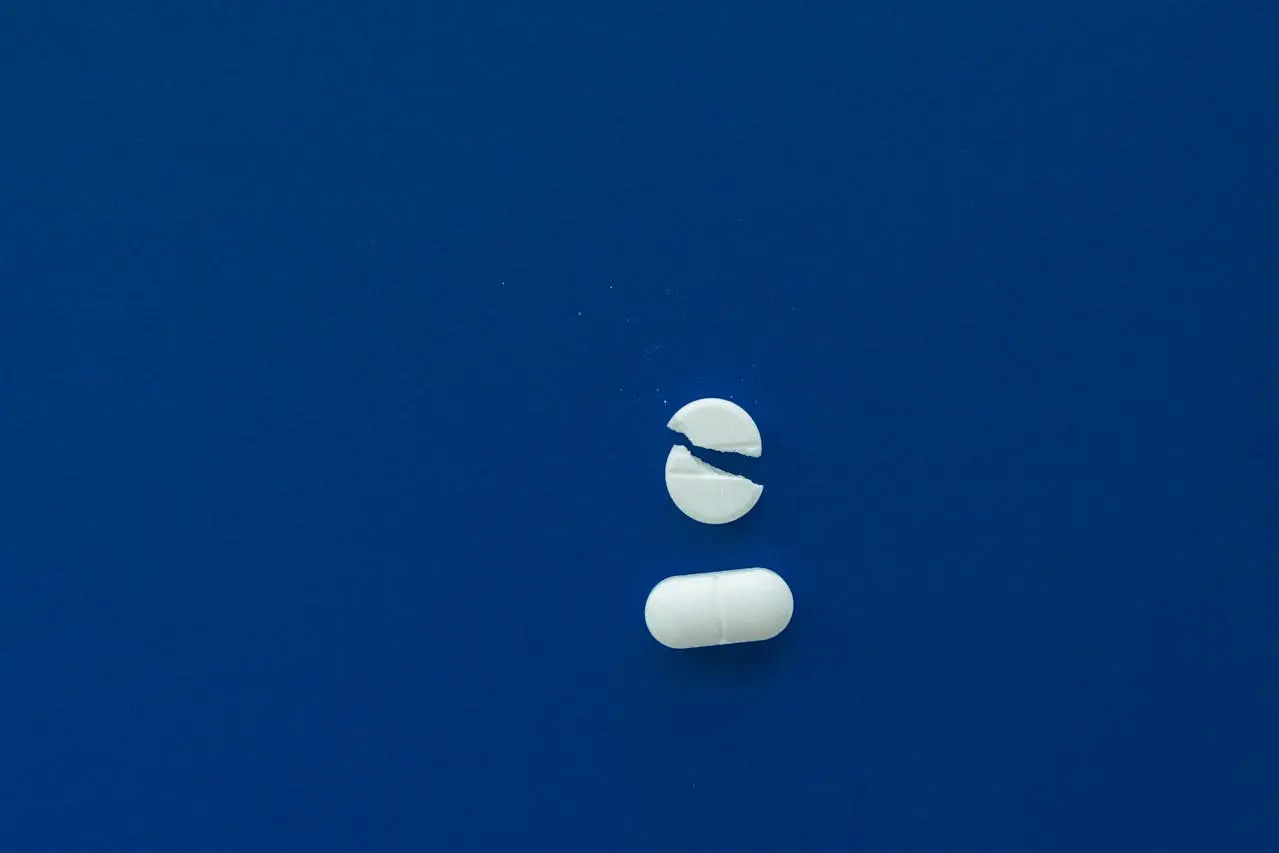
Acadia Scraps Prader-Willi Drug After Late-Stage Failure
Acadia Pharmaceuticals was testing the drug, an intranasal formulation of the oxytocin analogue carbetocin, for its potential to ease hyperphagia in the rare neurological condition.
Acadia Pharmaceuticals’ investigational treatment for hyperphagia in Prader-Willi syndrome missed all its endpoints in a late-stage trial, ending the company’s work on the drug.
The Phase III COMPASS PWS trial was studying intranasal carbetocin, called ACP-101 under Acadia’s purview, to treat hyperphagia, an extremely overactive desire to eat. In an announcement Wednesday morning, Acadia said the trial showed no change from baseline on the hyperphagia questionnaire for clinical trials (HQ-CT) test in patients with Prader-Willi syndrome (PWS), a rare neurological condition with severe cognitive effects, after 12 weeks.
“We are committed to sharing a summary of the data in the future to ensure learning for the PWS community,” Elizabeth Thompson, head of research and development at Acadia, said in the company’s statement. “However, given these results, we do not intend to investigate intranasal carbetocin any further.”
Shares of Acadia were down almost 12% in pre-market trading Wednesday.
Carbetocin is an oxytocin analogue often used to prevent excessive bleeding after childbirth. PWS is thought to be a product of a deficiency of oxytocin in the brain. ACP-101 was formerly being developed for PWS by Levo Therapeutics, which previously reported data from a Phase III study, called CARE PWS, in which a higher dose of the drug missed the primary endpoint but a lower dose met it.
Acadia acquired ACP-101 when it acquired Levo in 2022. That year, Levo brought ACP-101 all the way to the FDA for hyperphagia in PWS, but was rejected when the regulator requested another trial.
“While COMPASS was more statistically powered through higher enrollment [than CARE PWS], it was not sufficient to produce meaningful improvements in clinical outcomes,” analysts at BMO Capital Markets wrote in an investor note Wednesday morning.
The BMO analysts suggested that in the wake of COMPASS’ failure, industry attention would turn to Acadia’s Phase II readout for ACP-204 in psychosis related to Alzheimer’s disease, expected sometime in mid-2026.





